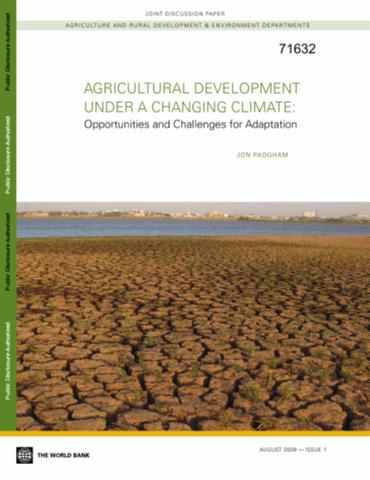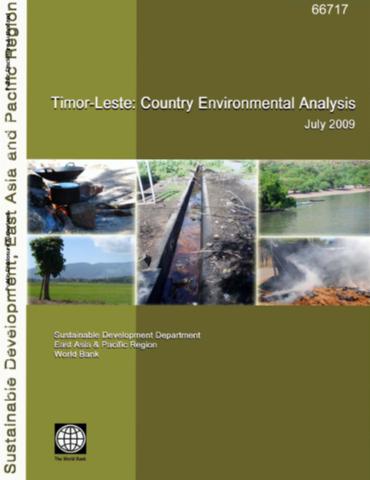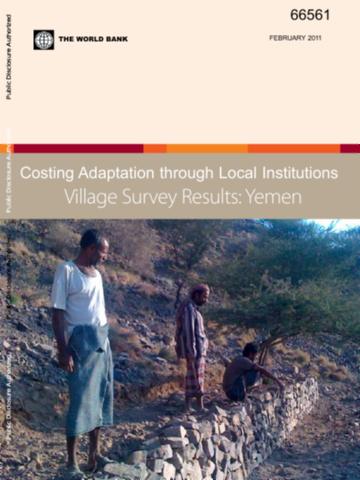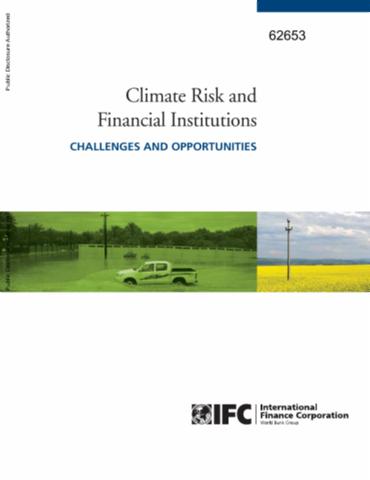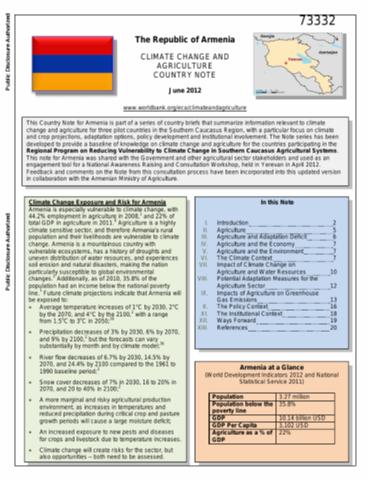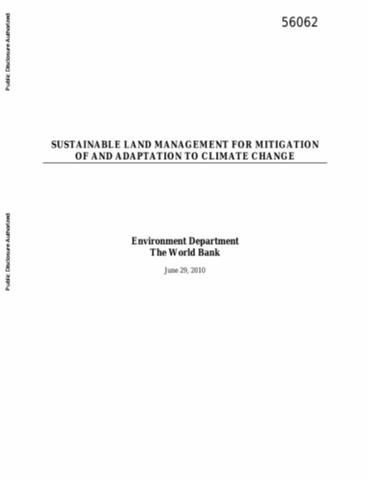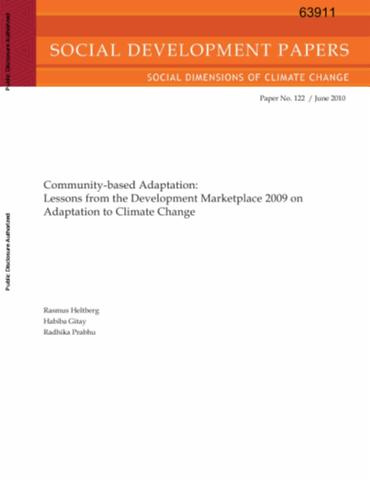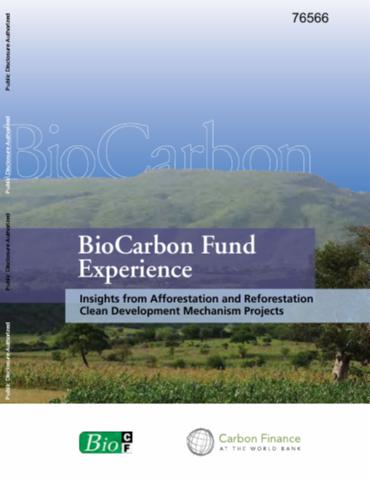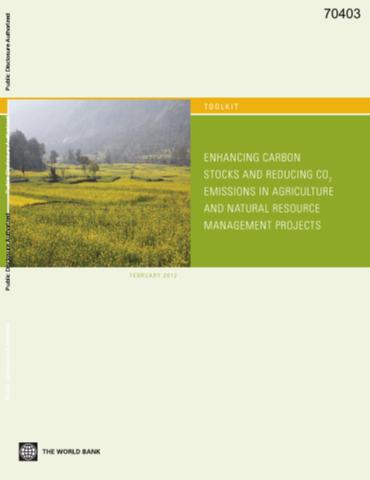Agricultural Development under a Changing Climate
Climate change presents a profound challenge to food security and development. Negative impacts from climate change are likely to be greatest in regions that are currently food insecure and may even be significant in those regions that have made large gains in reducing food insecurity over the past half-century. Adaptation in the agricultural sector is being given a high priority within this effort because of the inherent sensitivity of food production to climate and the strong inter-linkages that exist between climate, agriculture, and economic growth and development.

